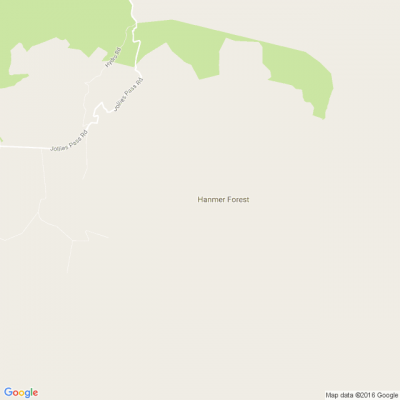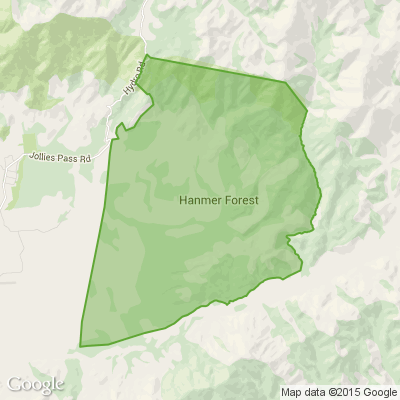Rural healthcare has unique challenges – mayors
By David Hill, Local Democracy Reporter
The health needs of rural communities must not be forgotten amid the latest healthcare sector changes, North Canterbury's mayors say.
Te Whatu Ora Health NZ recently announced the appointment of four regional deputy executive directors, including one based in Christchurch, in a move back towards regional decision making.
Hurunui mayor Marie Black and Waimakariri mayor Dan Gordon have been calling for local accountability since district health boards were replaced by Health NZ two years ago.
Martin Keogh has been appointed deputy executive director for the South Island.
Black said while she welcomed some decision making closer to home, she questioned how much understanding there would be of rural community needs.
‘‘The South Island is a big area to cover with a lot of different issues and knowing what it is actually like to provide a service in Cheviot, for example, might be difficult,’’ Black said.
‘‘Attraction and retention of staff in a rural setting remains a challenge.
‘‘It is a fairly tiresome role in a rural district, because you are always on call, even when you are not.’’
Providing services to help older people in their homes is more challenging in a rural community, she said.
This is because home help services often become ‘‘fragmented and fragile’’ due to the distances involved, Black said.
‘‘We need to keep an eye on that and on providing care for end of life and respite care.’’
The use of Telehealth technology has been talked about in the media as it is increasingly used to cover for a lack medical professionals, particularly in rural areas.
The increased reliance on Telehealth might work for some people, but can be challenging for older people, Black said.
But rural communities had ‘‘magnificent’’ volunteers services such as St John and Meals on Wheels, she said.
Gordon said it had been difficult to get answers about health issues impacting on Waimakariri residents since district health boards were abolished.
Appointing a South Island-based director is ‘‘a great first step’’ towards local accountability, he said.
‘‘This is something I advocated for because I know that having a local voice close to the issues is vital for our communities.
‘‘The old DHB system was not ideal, but at least we knew who was accountable and who to call when issues arose.’’
Health NZ has been contacted for comment.
■ LDR is local body journalism co-funded by RNZ and NZ On Air.
The Great Kiwi Quiz is back by popular demand
Grab a copy of your local Stuff newspaper between 1 Jan - 28 Jan and participate in the Great Kiwi Quiz! Test your knowledge, answer the daily New Zealand based questions, and find out how well you know our beautiful country!
Each correct answer will get you one entry into the draw to WIN a Weber® Lumin® BBQ Prize Pack, valued at $1098! Each pack includes: an electric BBQ, a stand with a side table, and a cover. The more answers you enter correctly, the higher your chance of winning. For more information and to submit your answers, click here.
The team at Stuff

⚠️ DOGS DIE IN HOT CARS. If you love them, don't leave them. ⚠️
It's a message we share time and time again, and this year, we're calling on you to help us spread that message further.
Did you know that calls to SPCA about dogs left inside hot cars made up a whopping 11% of all welfare calls last summer? This is a completely preventable issue, and one which is causing hundreds of dogs (often loved pets) to suffer.
Here are some quick facts to share with the dog owners in your life:
👉 The temperature inside a car can heat to over 50°C in less than 15 minutes.
👉 Parking in the shade and cracking windows does little to help on a warm day. Dogs rely on panting to keep cool, which they can't do in a hot car.
👉 This puts dogs at a high risk of heatstroke - a serious condition for dogs, with a mortality rate between 39%-50%.
👉 It is an offence under the Animal Welfare Act to leave a dog in a hot vehicle if they are showing signs of heat stress. You can be fined, and prosecuted.
SPCA has created downloadable resources to help you spread the message even further. Posters, a flyer, and a social media tile can be downloaded from our website here: www.spca.nz...
We encourage you to use these - and ask your local businesses to display the posters if they can. Flyers can be kept in your car and handed out as needed.
This is a community problem, and one we cannot solve alone. Help us to prevent more tragedies this summer by sharing this post.
On behalf of the animals - thank you ❤️

Hooked on adventure
Neil’s love for fishing stretches back as far as he can remember. From catching sprats on the farm as a young boy to representing New Zealand on the world stage, it’s always been his passion. These days, as a Bruce McLaren Village resident, Neil finds nothing more enjoyable than casting a line, surrounded by scenic vistas and the melodies of native birds, before releasing his catch back into the water.
An experienced fishing guide, Neil shares his love of fly fishing with his new mate and village neighbour, David. While they met in the village, the pair are often mistaken for lifelong friends. Like Neil, David has always been an active person.
Click read more for the full story.










 Loading…
Loading…